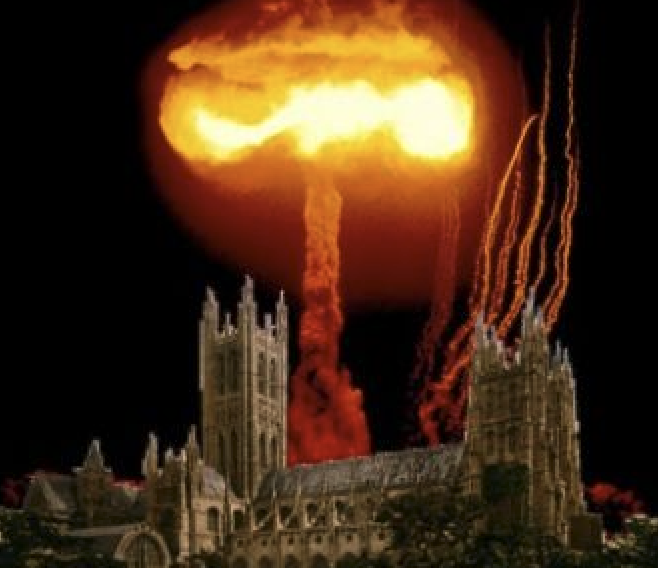Just over half of churchgoing American Protestants went into the tense midterm elections believing that the people in the pews around them would vote the same way they did.
A Lifeway Research online survey in September found that 50% of those in its national panel agreed with the statement, "I prefer to attend a church where people share my political beliefs, while 55% agreed that "My political views match those of most people at my church." At the same time, 10% were not sure about the first question and 22% the second.
"What we are seeing is a pretty complex situation," said Scott McConnell, executive director at Lifeway Research. While churchgoers are divided on the need for political uniformity in their pews, there are enough believers who take that stance to prove that "this is not one or two people that pastors need to talk to and try to understand. This is a GROUP of people in most of our churches and that's something pastors have to deal with now."
This new survey began with questions used in 2017, he noted, and while the results are similar some new trends are clear. In the earlier survey, 51% of the respondents felt their church was politically homogenous, with only 11% "strongly" agreeing. Now, 21% strongly agree. Also, a rising number of believers assume they can predict the politics of others in their churches. In 2017, 30% were unsure if they shared the views of others in their congregations, but that number dropped to 22% this time.
In a survey result clashing with a popular stereotype, those with evangelical beliefs (44%) were less likely than non-evangelicals (54%) to say they wanted a church in which believers shared their political views. The survey defined "evangelical" in doctrinal terms, stressing beliefs such as, "The Bible is the highest authority for what I believe" and "Only those who trust in Jesus Christ alone as their Savior receive God's free gift of eternal salvation." Other significant results included:
* Methodists (88%) and those attending Restorationist movement congregations, such as the Churches of Christ, were more likely (80%) to seek political unity in the pews. Among other flocks, Baptists (47%), Presbyterians (47%), Lutherans (38%) and nondenominational believers (38%) were less likely to do so.










